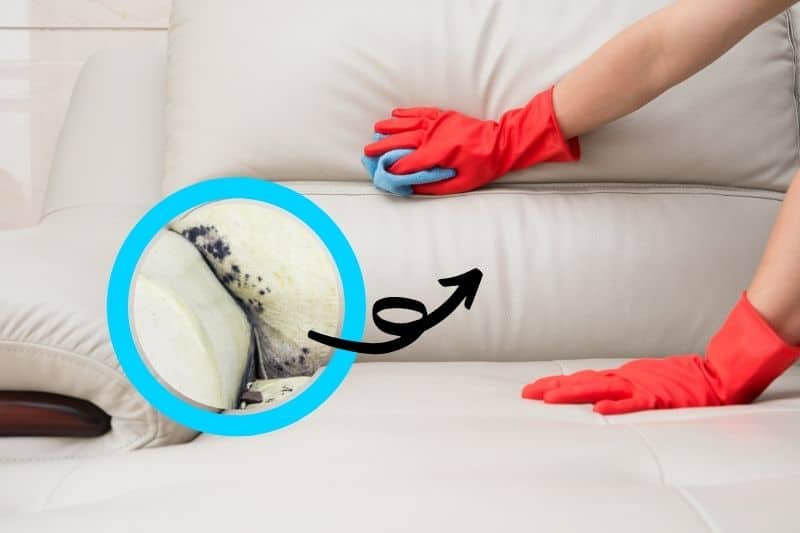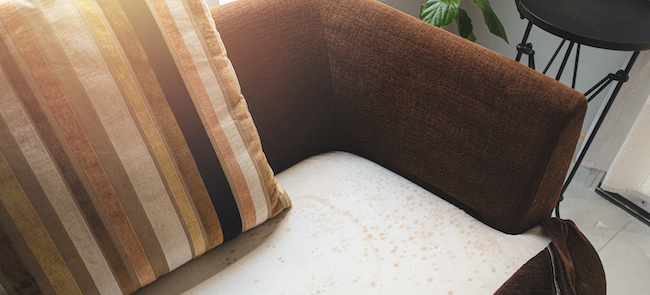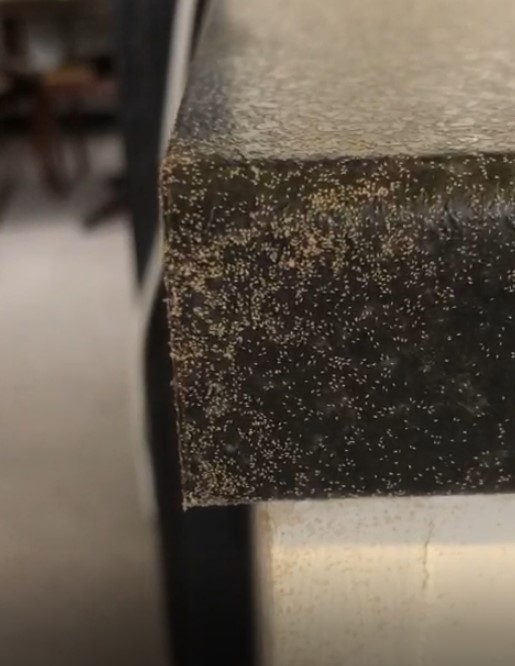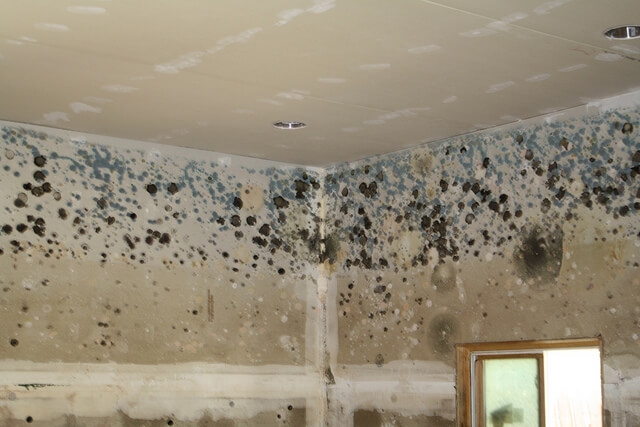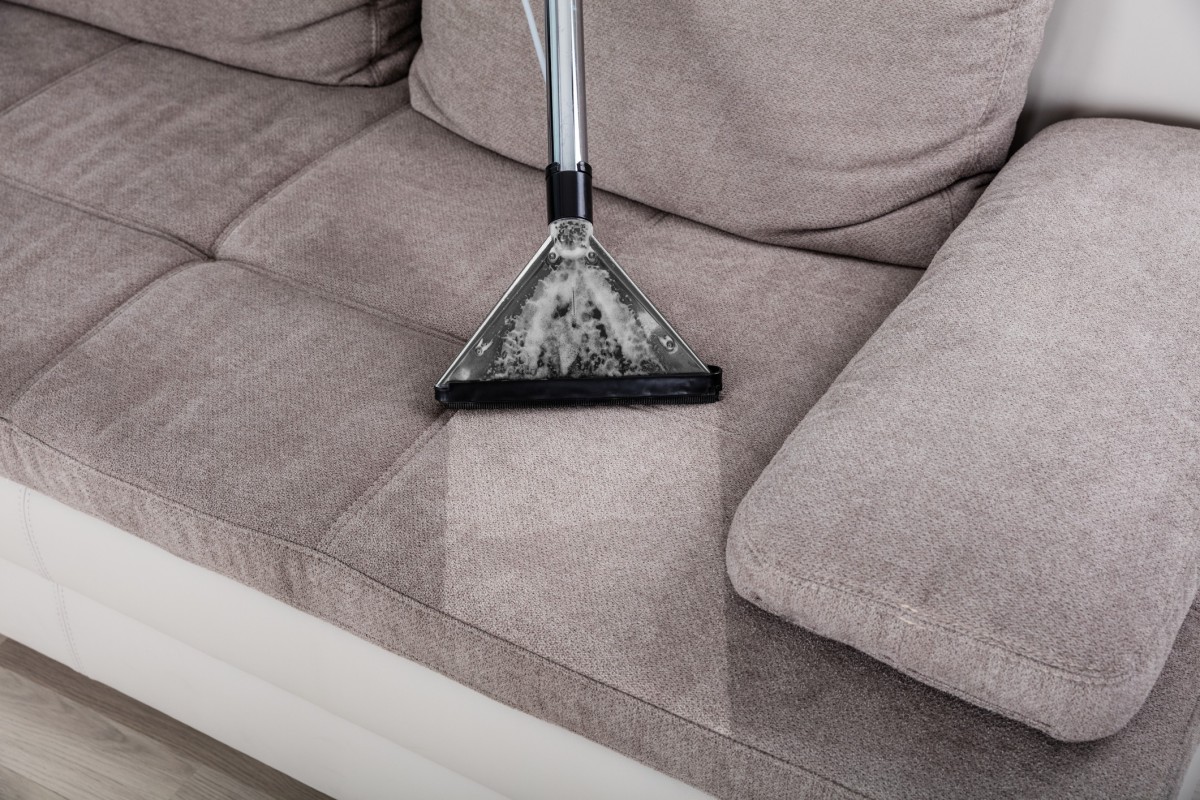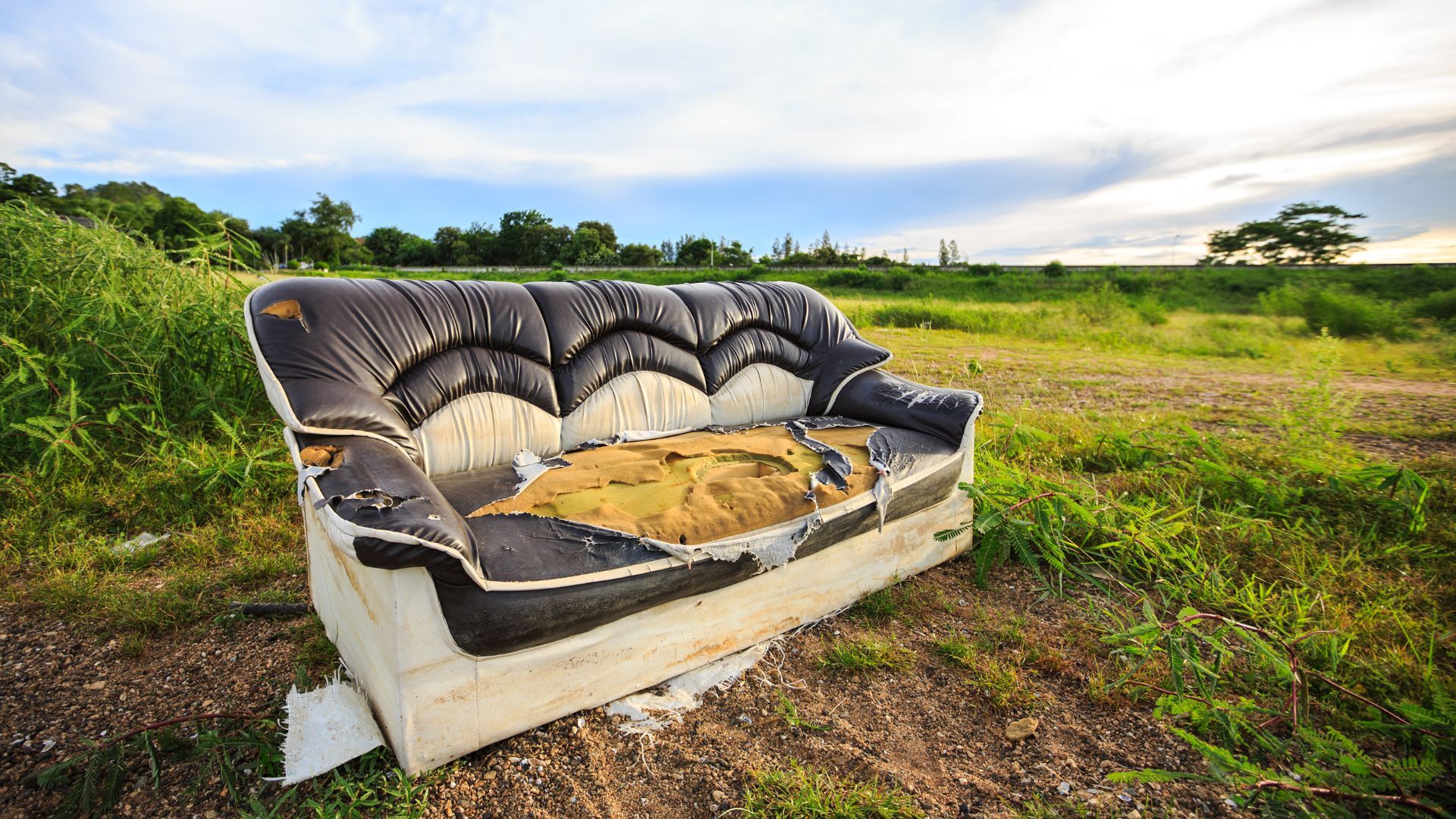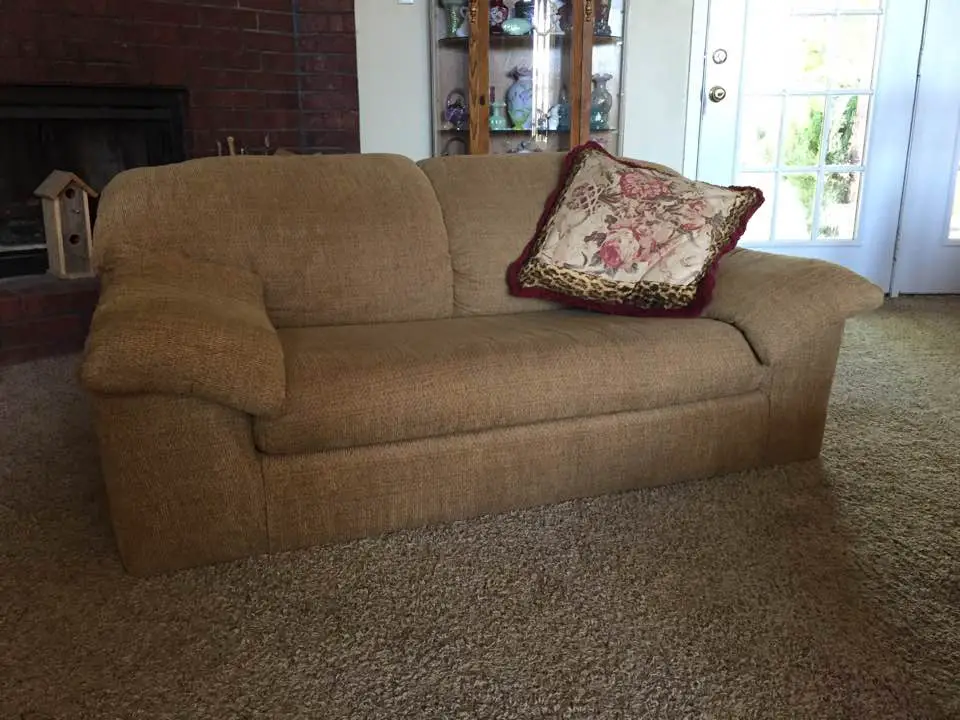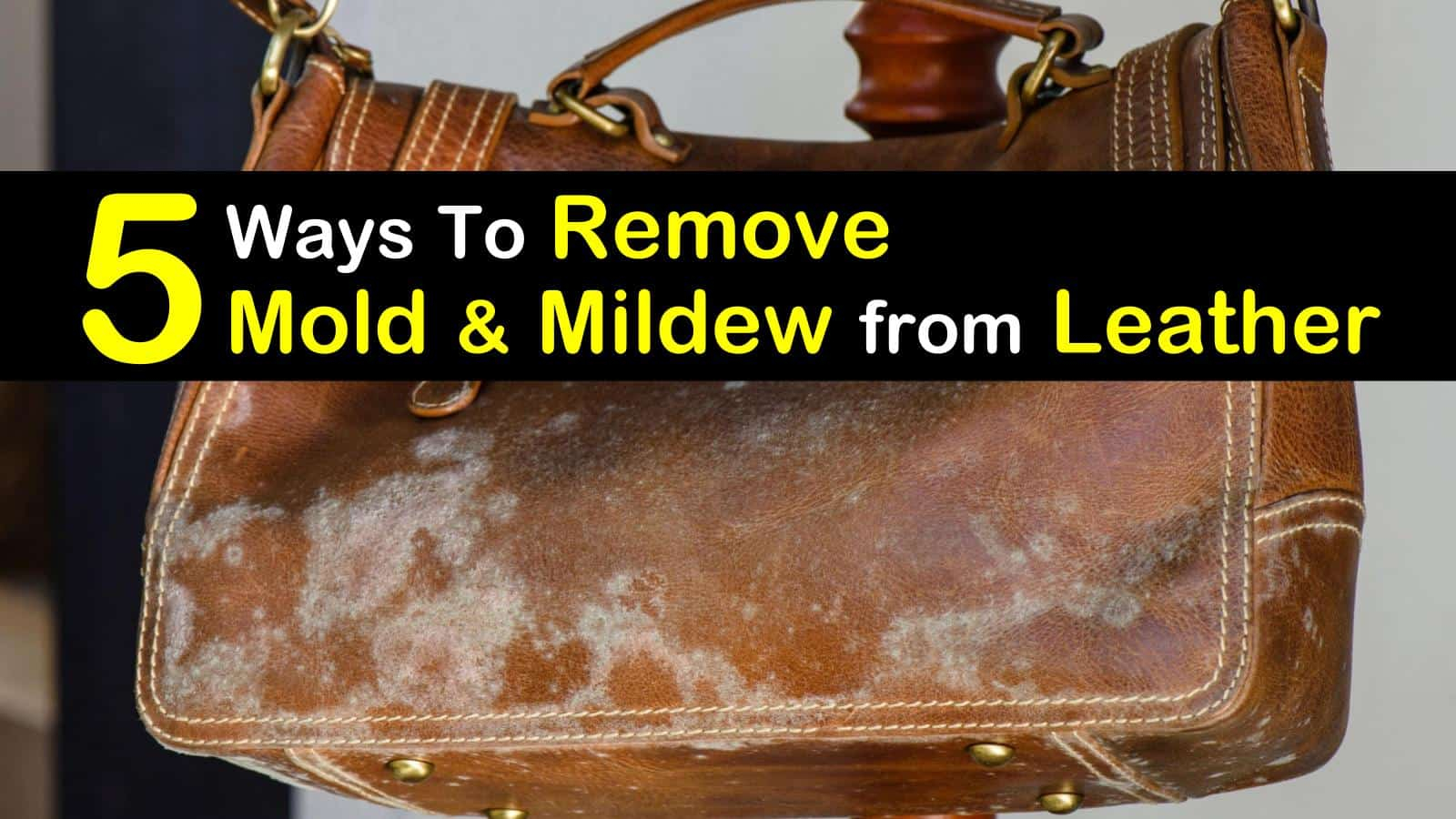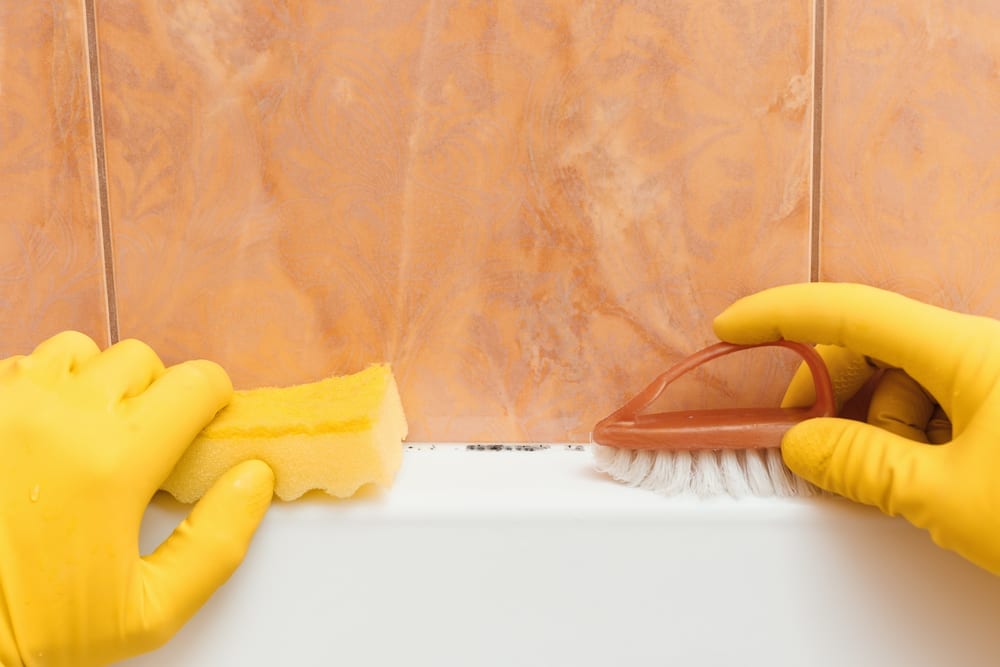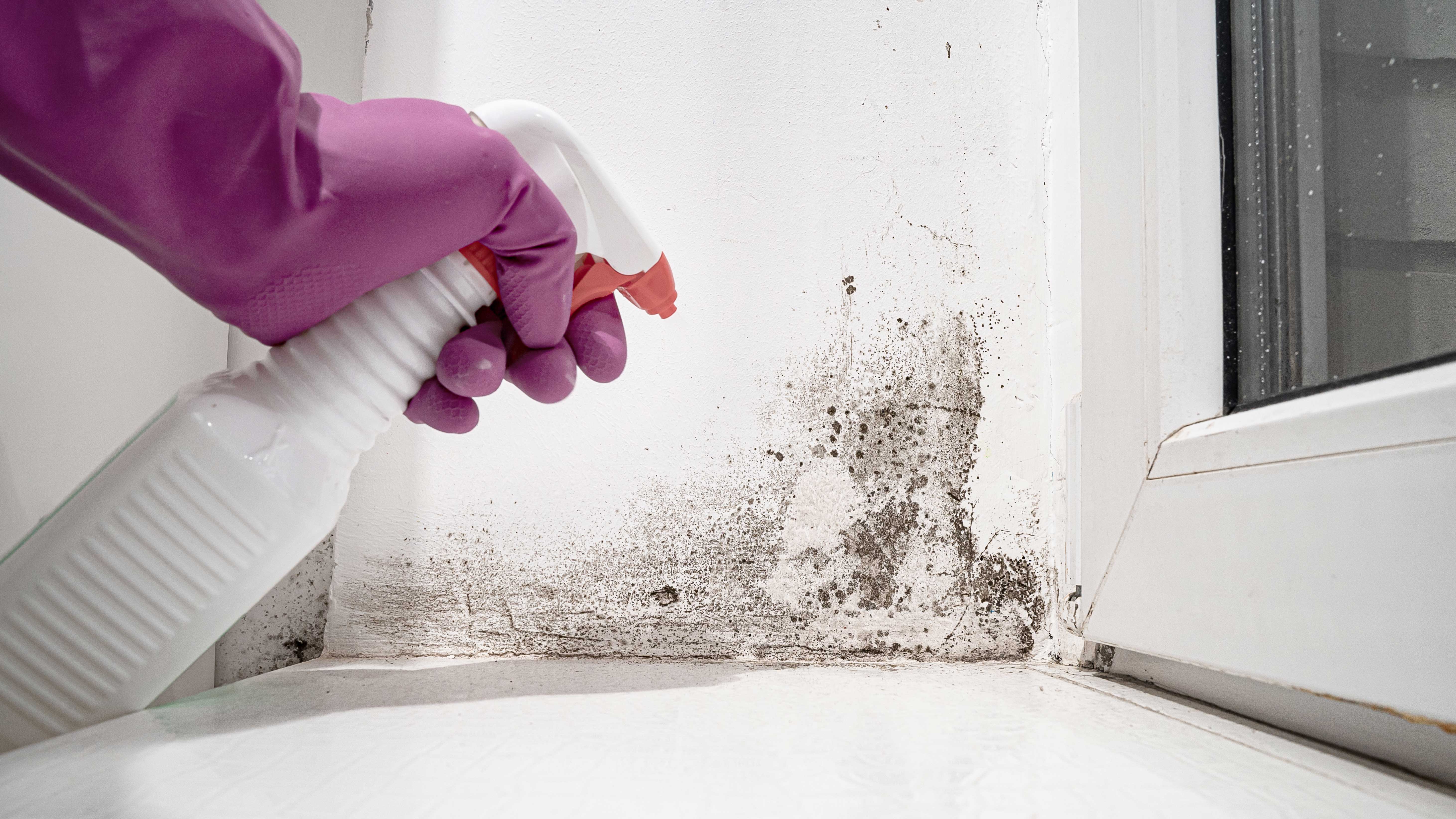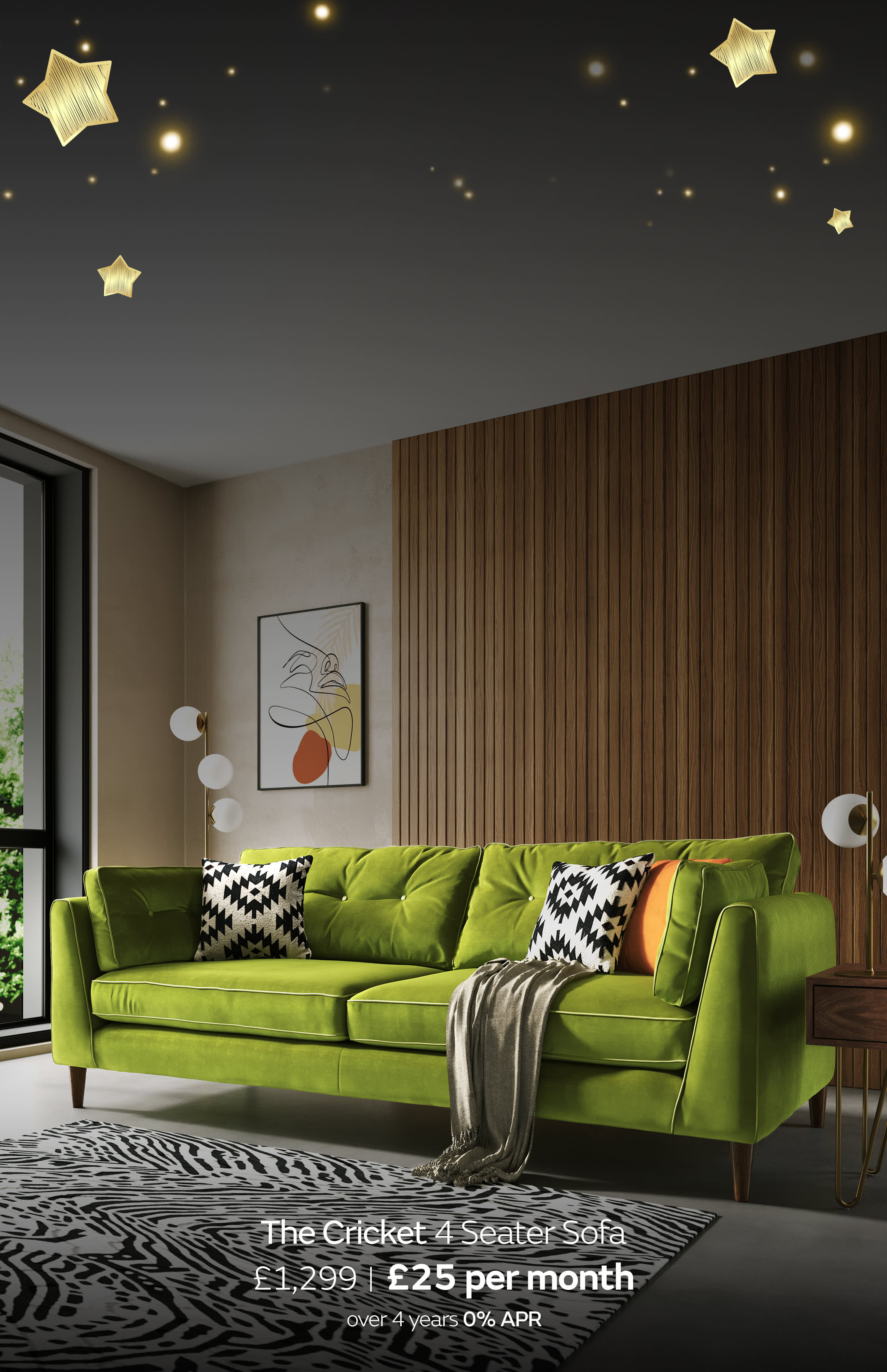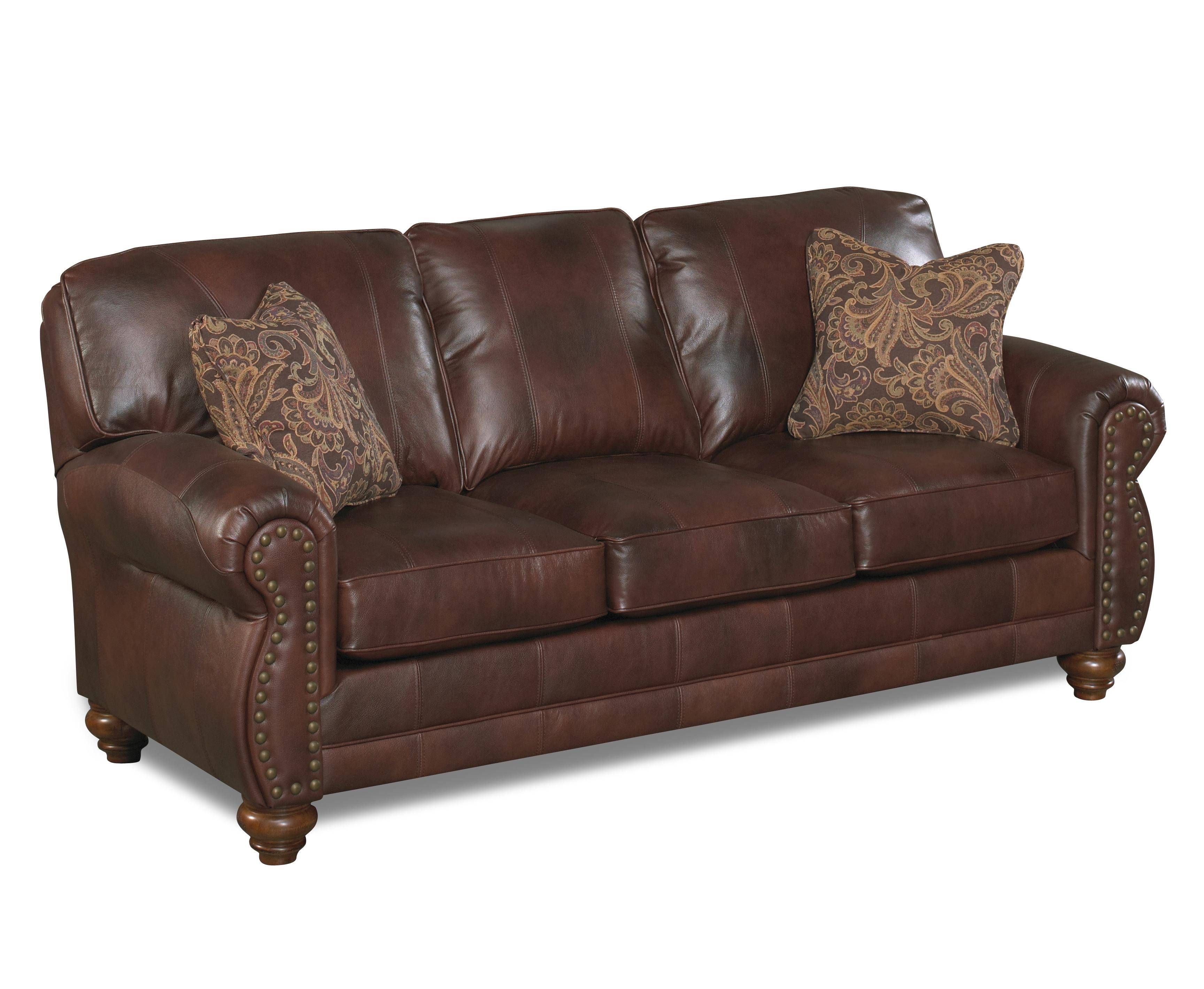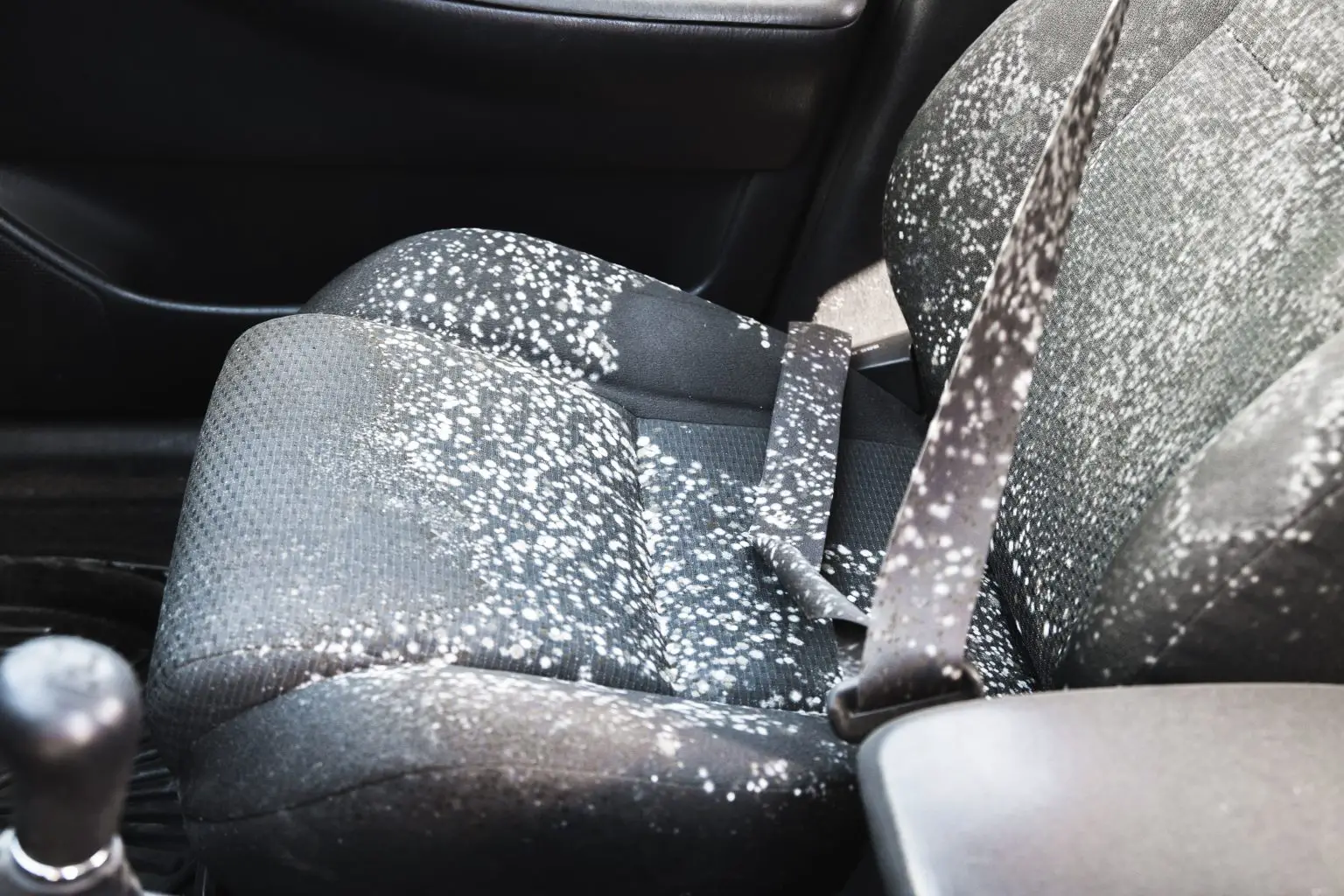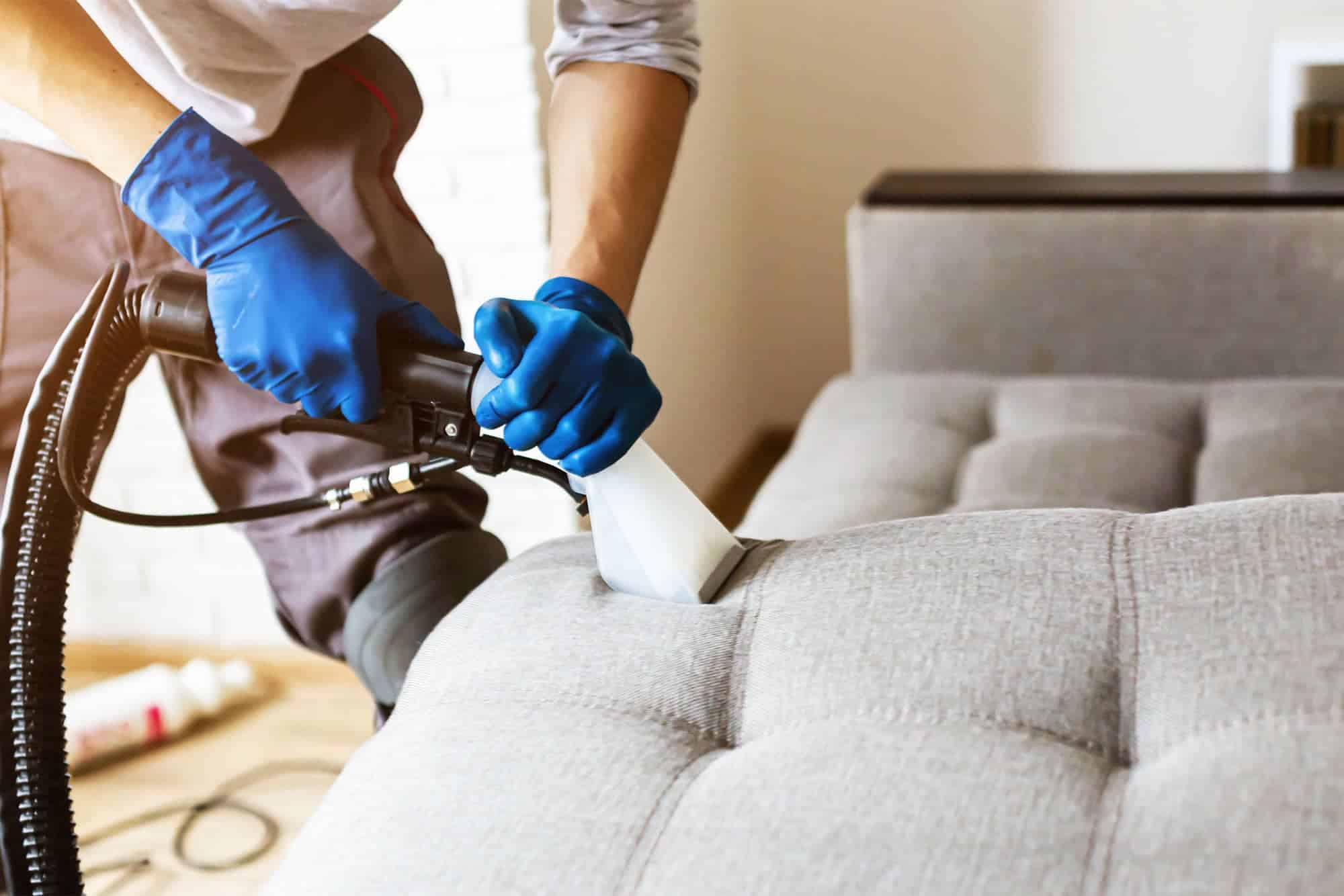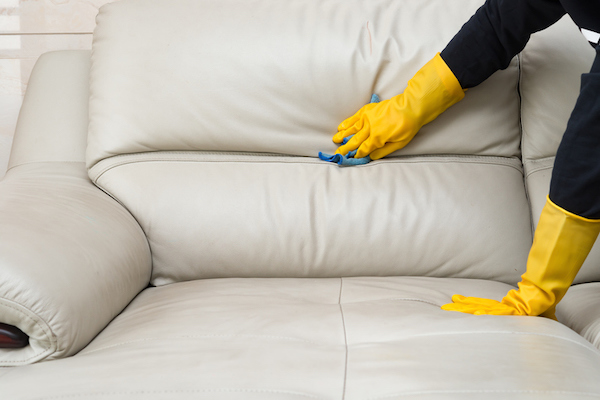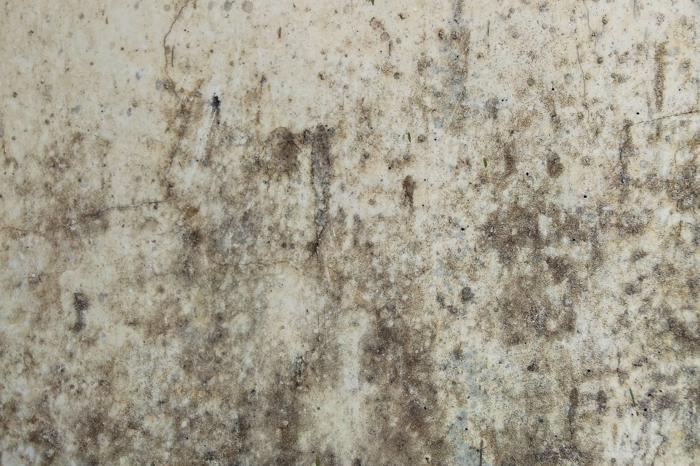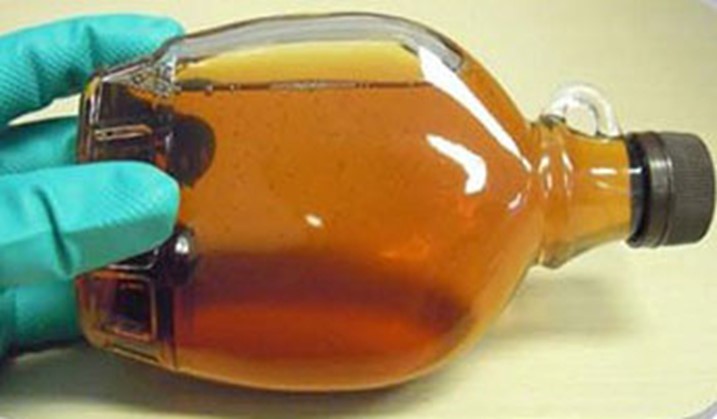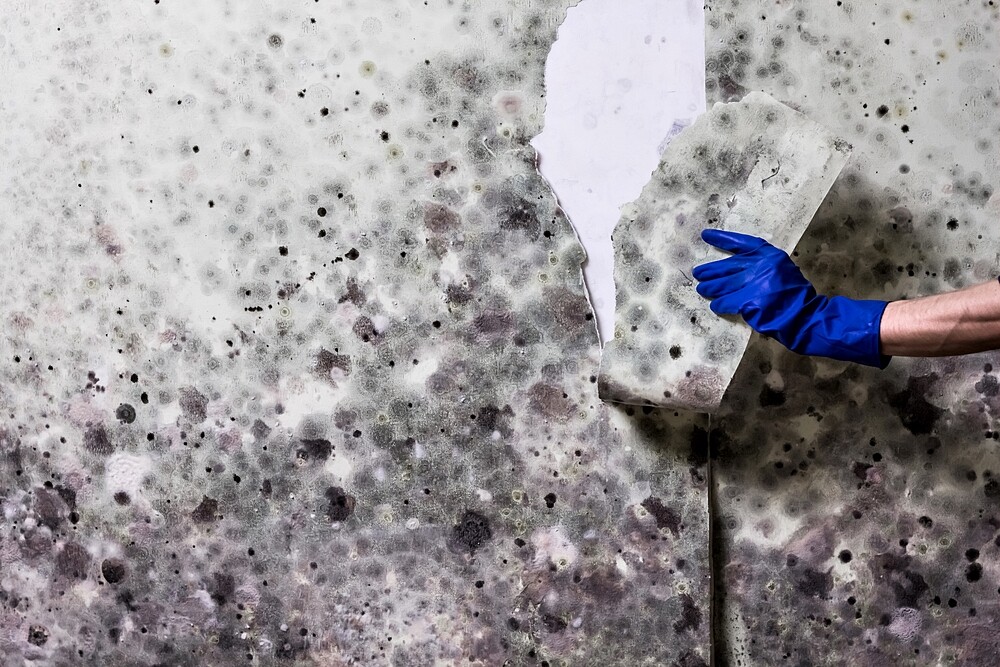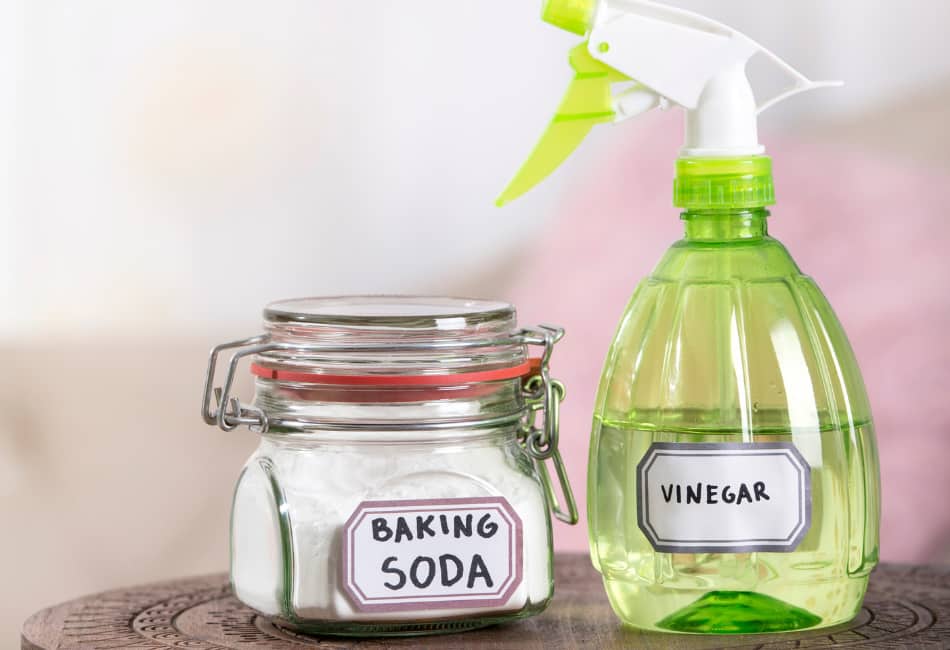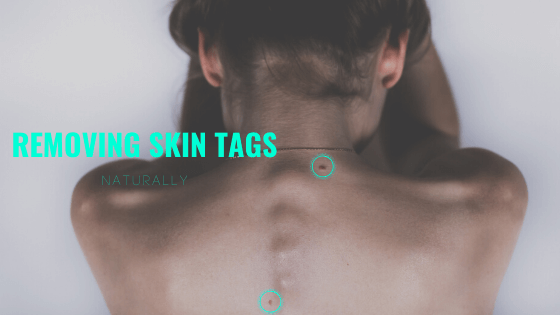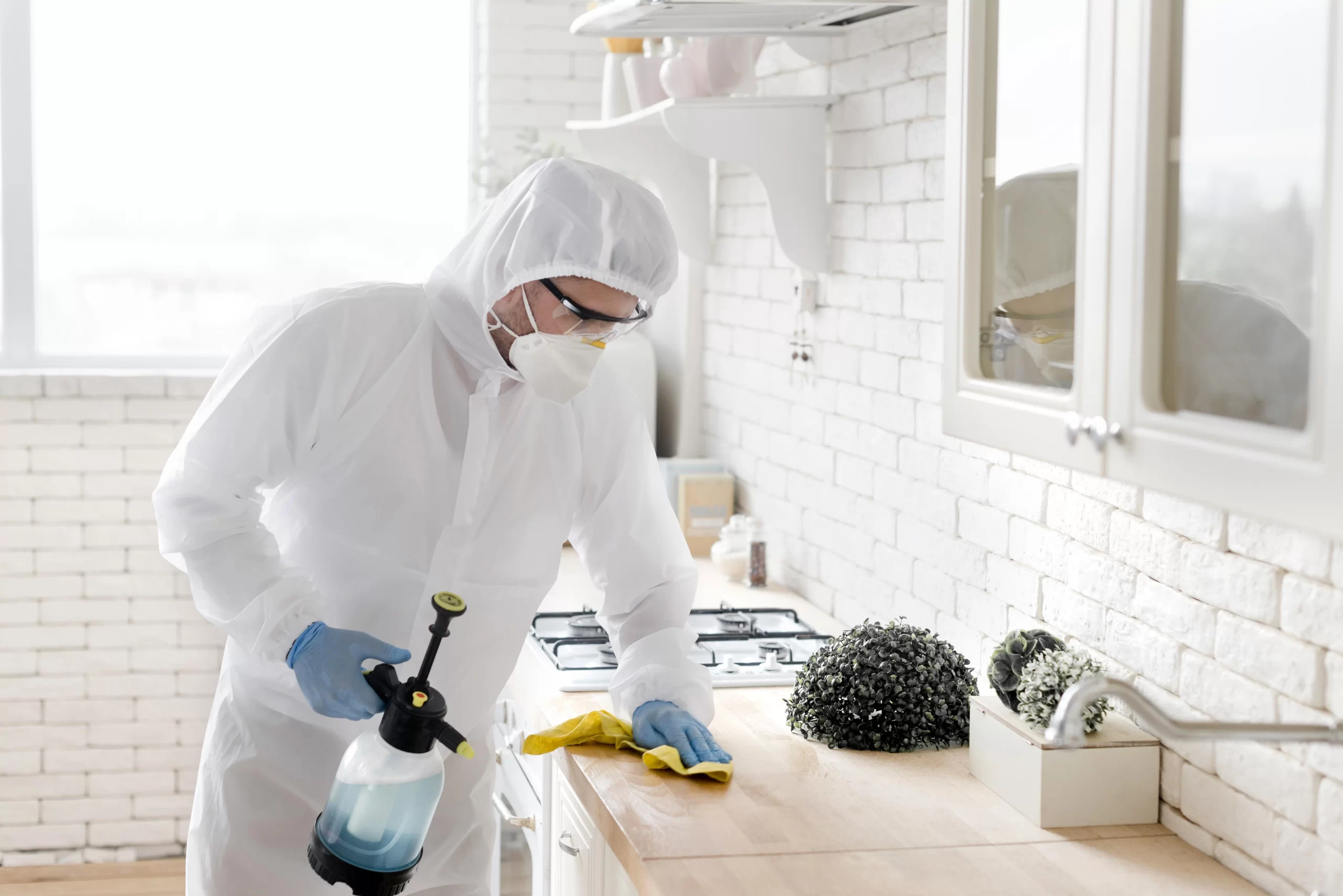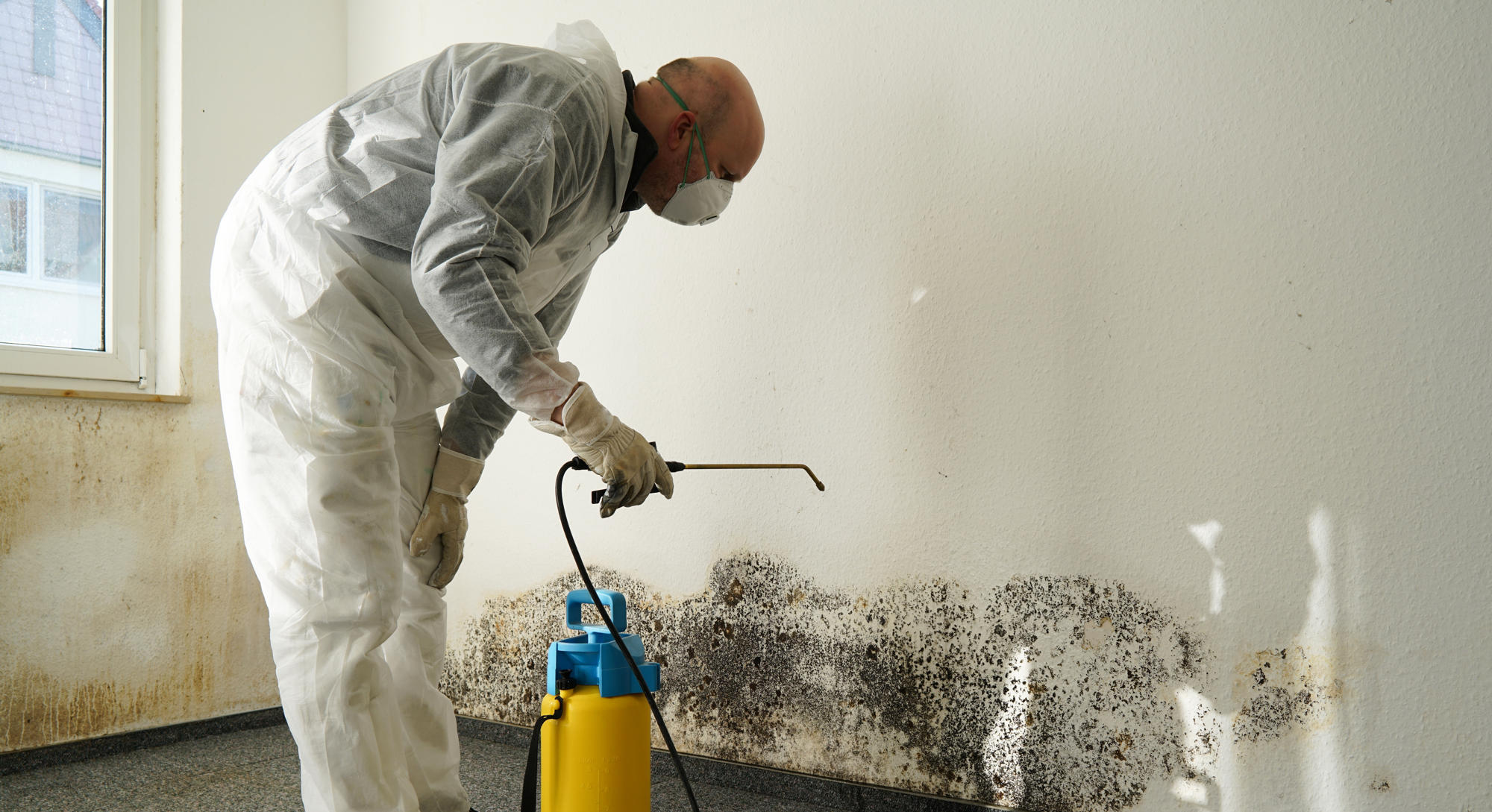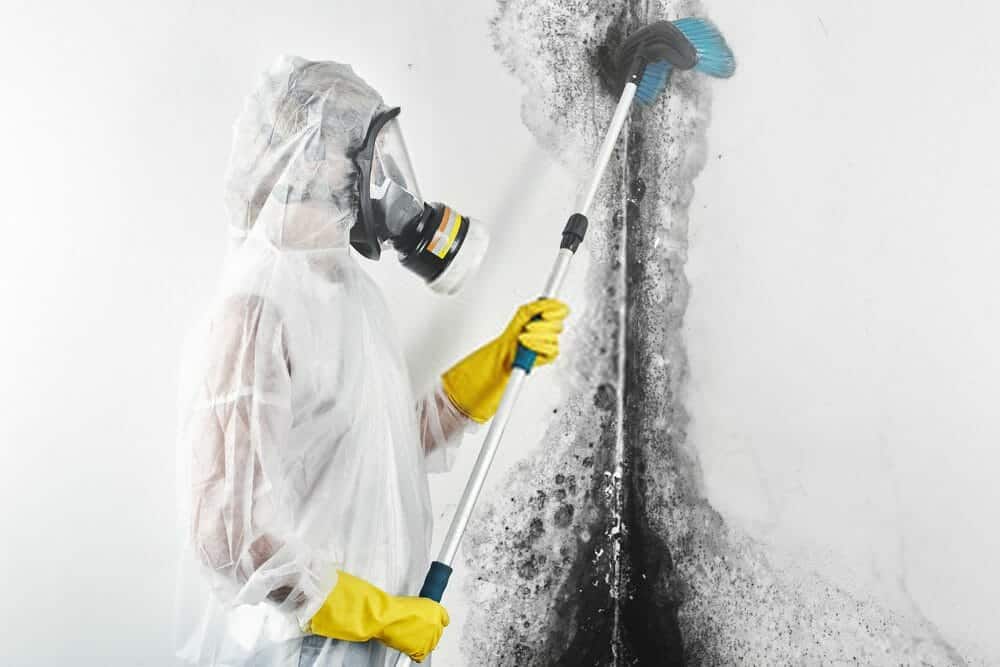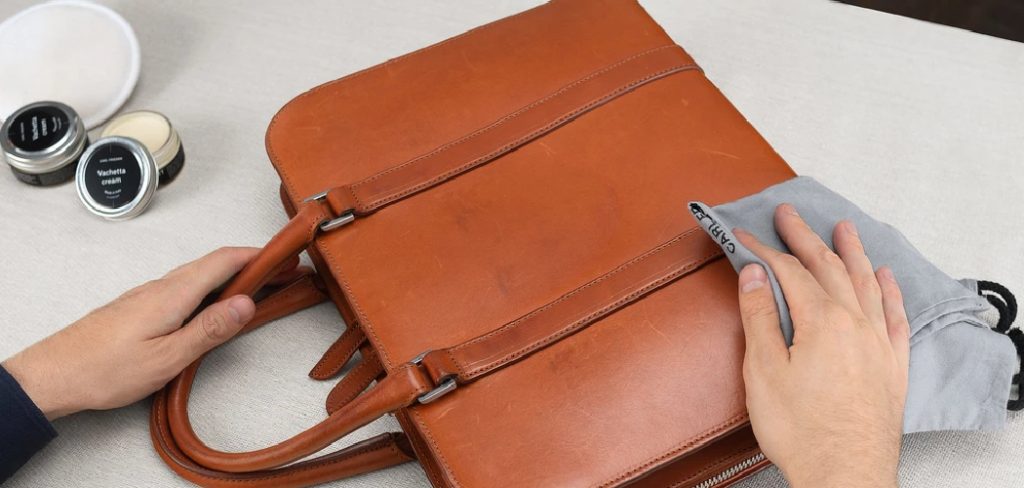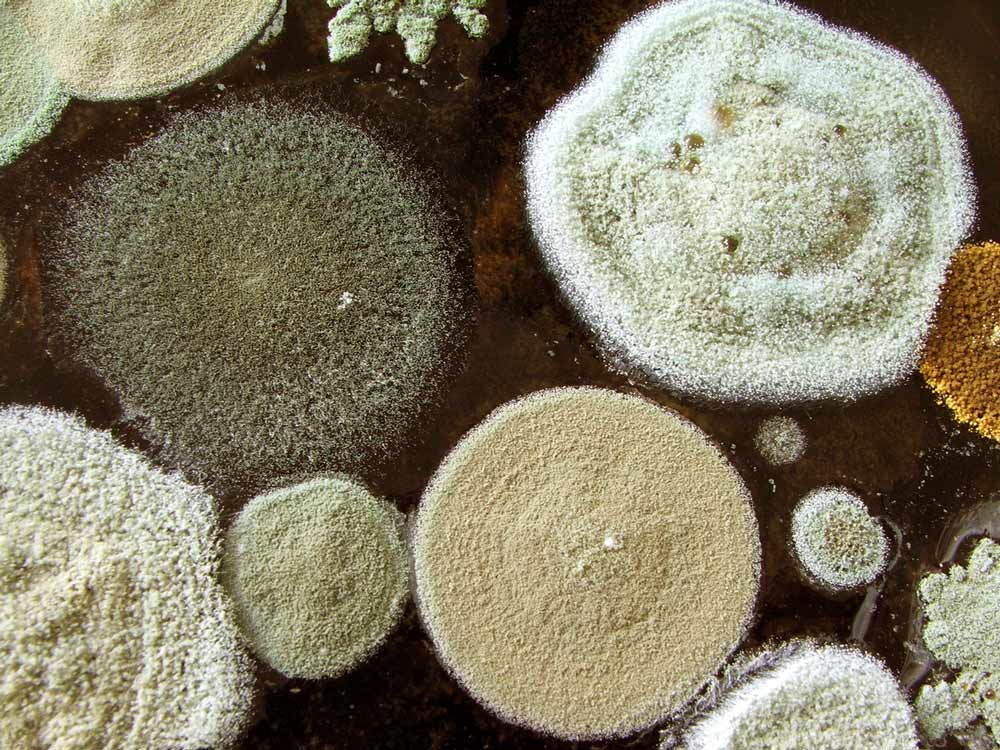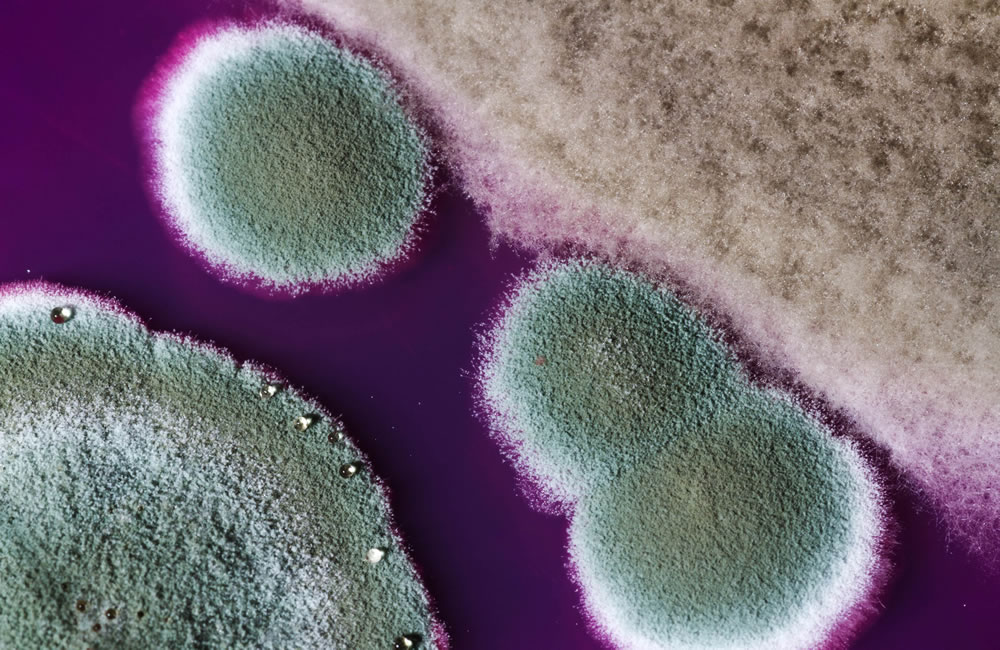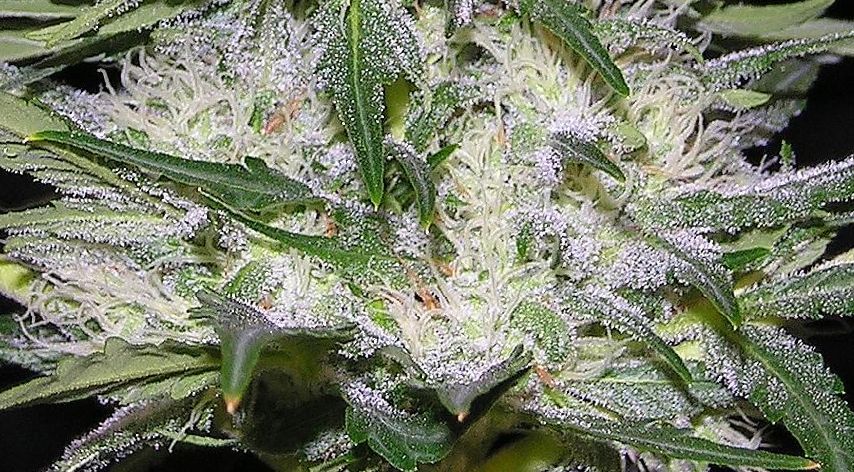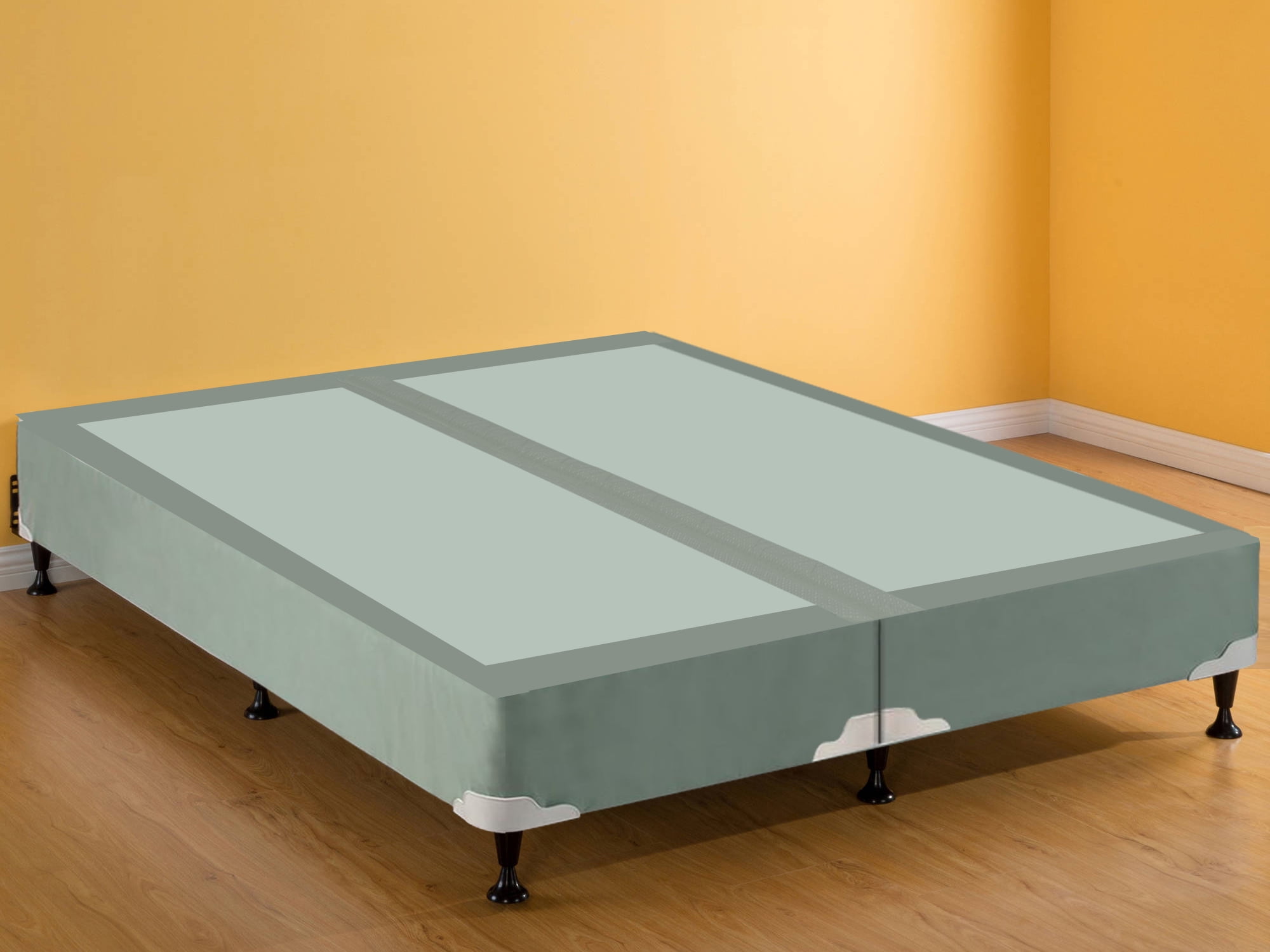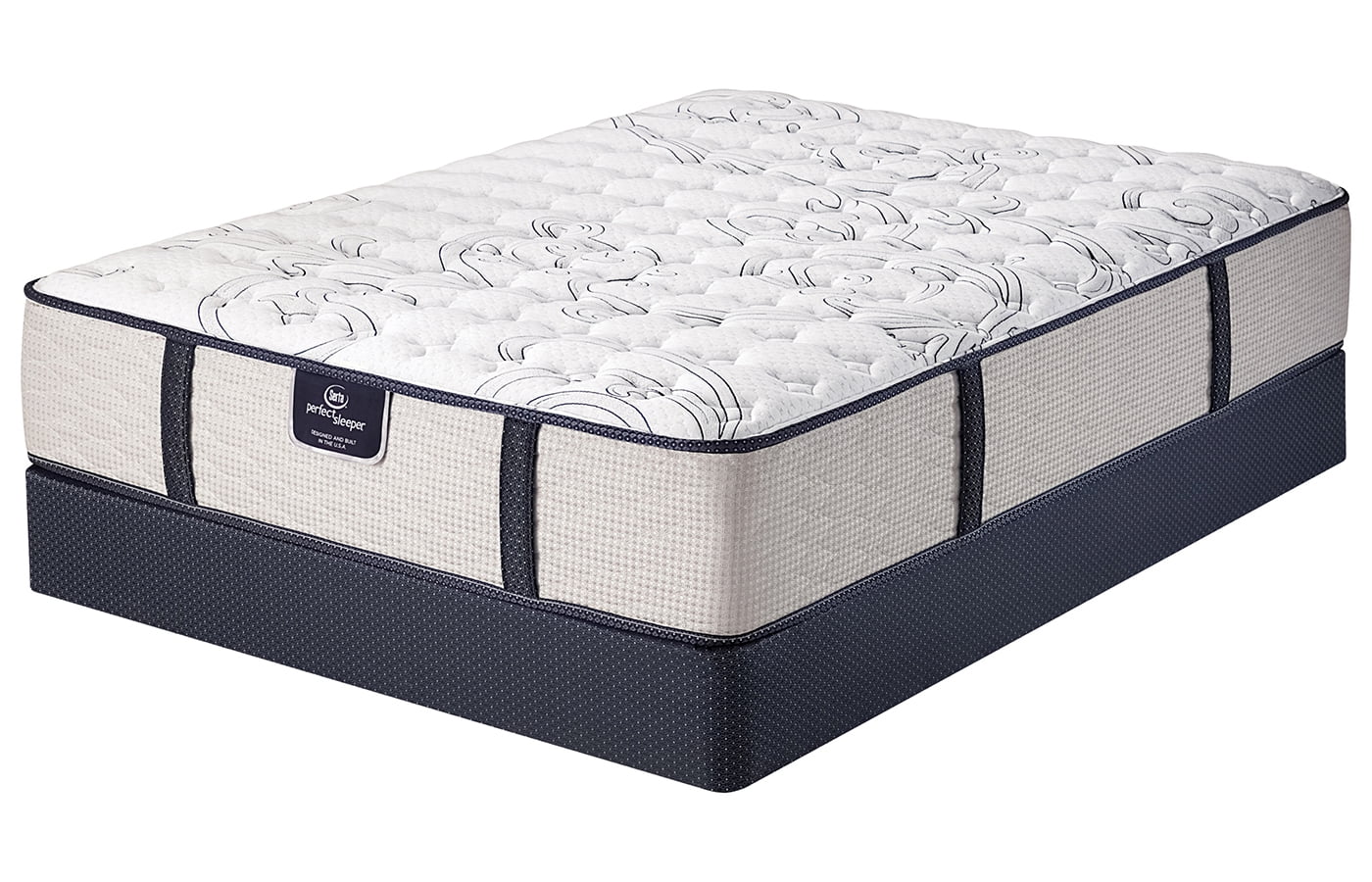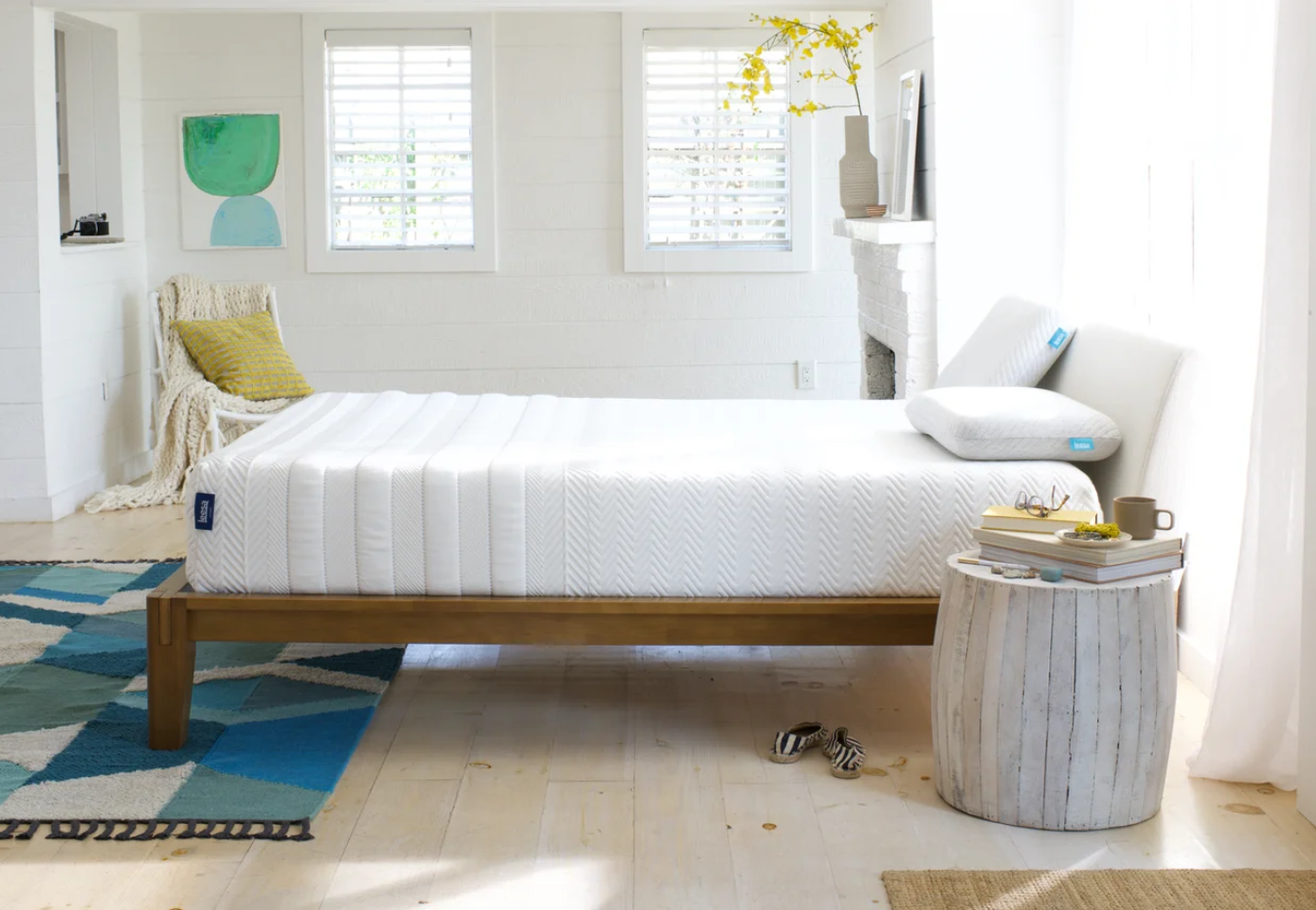How to Remove Mould from a Leather Sofa
Mould is a common problem for leather sofas, and if left untreated, it can ruin the appearance and quality of your furniture. Fortunately, there are effective ways to remove mould from leather sofas and prevent it from coming back. In this article, we will discuss the top 10 methods for removing mould from leather sofas.
Effective Ways to Get Rid of Mould on Leather Sofas
When it comes to removing mould from leather sofas, there are several methods that can be used. One of the most effective ways is to use a mixture of equal parts water and white vinegar. Simply apply the solution to the affected area and let it sit for 10-15 minutes before wiping it off with a clean cloth. This will not only remove the mould but also disinfect the leather.
DIY Methods for Removing Mould from Leather Sofas
If you prefer a more natural approach, there are DIY methods that can effectively remove mould from leather sofas. One of these is using lemon juice, which has natural disinfectant properties. Mix equal parts lemon juice and water, and apply it to the affected area. Let it sit for 10-15 minutes before wiping it off with a damp cloth.
Best Products for Removing Mould on Leather Sofas
If you don't have the time or resources for DIY methods, there are also products specifically designed for removing mould on leather sofas. Look for products that contain tea tree oil or grapefruit seed extract as these ingredients are known for their anti-fungal properties. Follow the instructions on the product for best results.
Preventing Mould Growth on Leather Sofas
Prevention is always better than cure when it comes to mould. To prevent mould growth on your leather sofa, make sure to keep it clean and dry. Avoid placing it in damp or humid areas, and regularly wipe it down with a clean, dry cloth. You can also use a leather conditioner to maintain the quality of the leather and prevent mould from forming.
Removing Mould Stains from Leather Sofas
In some cases, mould can leave behind stubborn stains on leather sofas. To remove these stains, mix equal parts lemon juice and cream of tartar to create a paste. Apply the paste to the stain and let it sit for 15-20 minutes before wiping it off with a damp cloth. This method is also effective for removing other types of stains on leather.
Natural Remedies for Removing Mould on Leather Sofas
Aside from lemon juice and vinegar, there are other natural remedies that can effectively remove mould on leather sofas. One of these is using baking soda, which has deodorizing and anti-fungal properties. Mix it with water to create a paste and apply it to the affected area. Let it sit for 10-15 minutes before wiping it off with a damp cloth.
Professional Mould Removal Services for Leather Sofas
If the mould growth on your leather sofa is extensive or difficult to remove, it may be best to seek professional help. There are mould removal services that specialize in treating leather furniture. They have the necessary equipment and expertise to effectively remove mould without damaging your sofa.
How to Clean and Maintain Leather Sofas to Prevent Mould
Regular cleaning and maintenance of your leather sofa is key to preventing mould growth. Make sure to dust and vacuum your sofa regularly to remove any dirt or debris that can attract mould. You can also use a leather cleaner and conditioner to keep the leather supple and less prone to mould.
Common Causes of Mould on Leather Sofas and How to Address Them
Knowing the common causes of mould on leather sofas can help you prevent it from happening in the future. Some of the main causes include high humidity, poor ventilation, and spills that are not cleaned up immediately. To address these issues, make sure to keep the room well-ventilated, invest in a dehumidifier, and promptly clean up any spills on your sofa.
How to Effectively Remove Mould on Your Leather Sofa
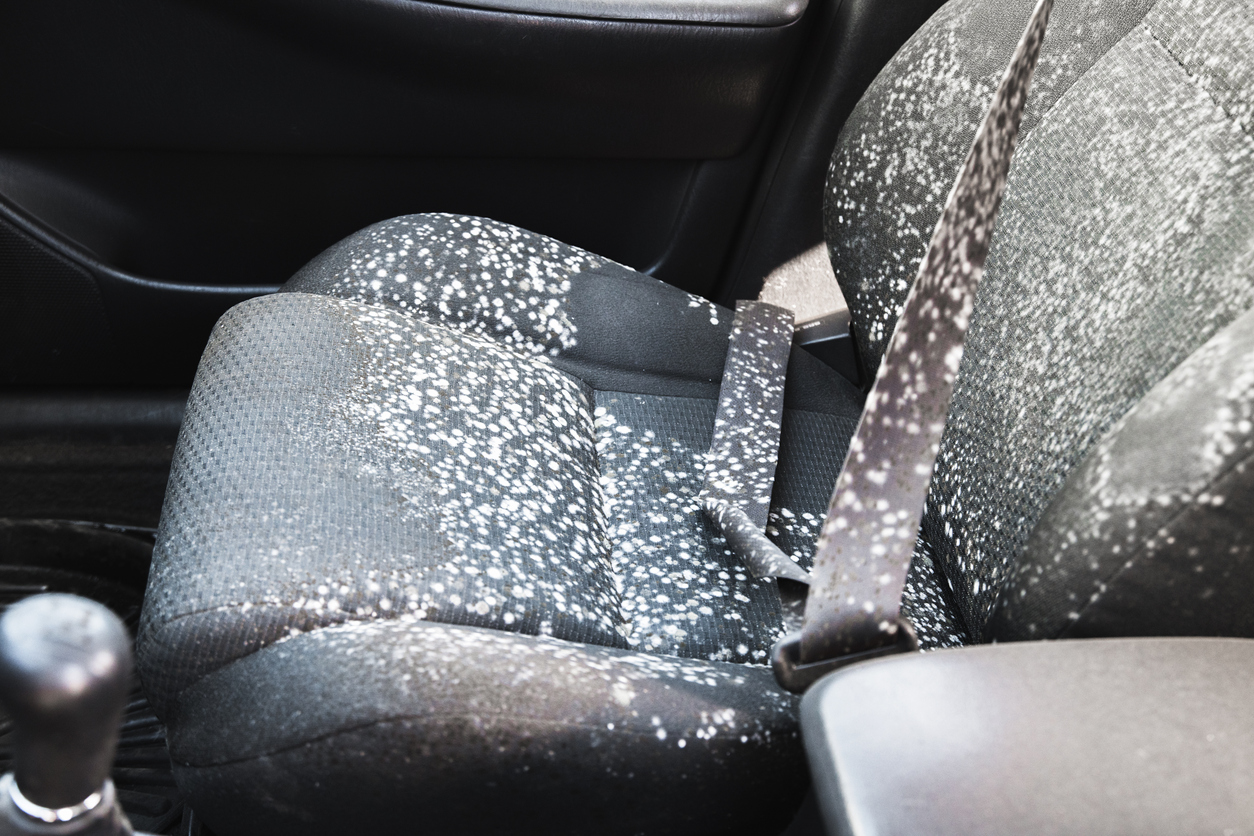
Mould is a common problem in households, and it can be particularly troublesome when it appears on your leather sofa. Not only does it ruin the appearance of your furniture, but it can also pose health hazards if left untreated. Fortunately, there are steps you can take to effectively remove mould from your leather sofa and prevent it from coming back.
Step 1: Identify the Source of the Mould
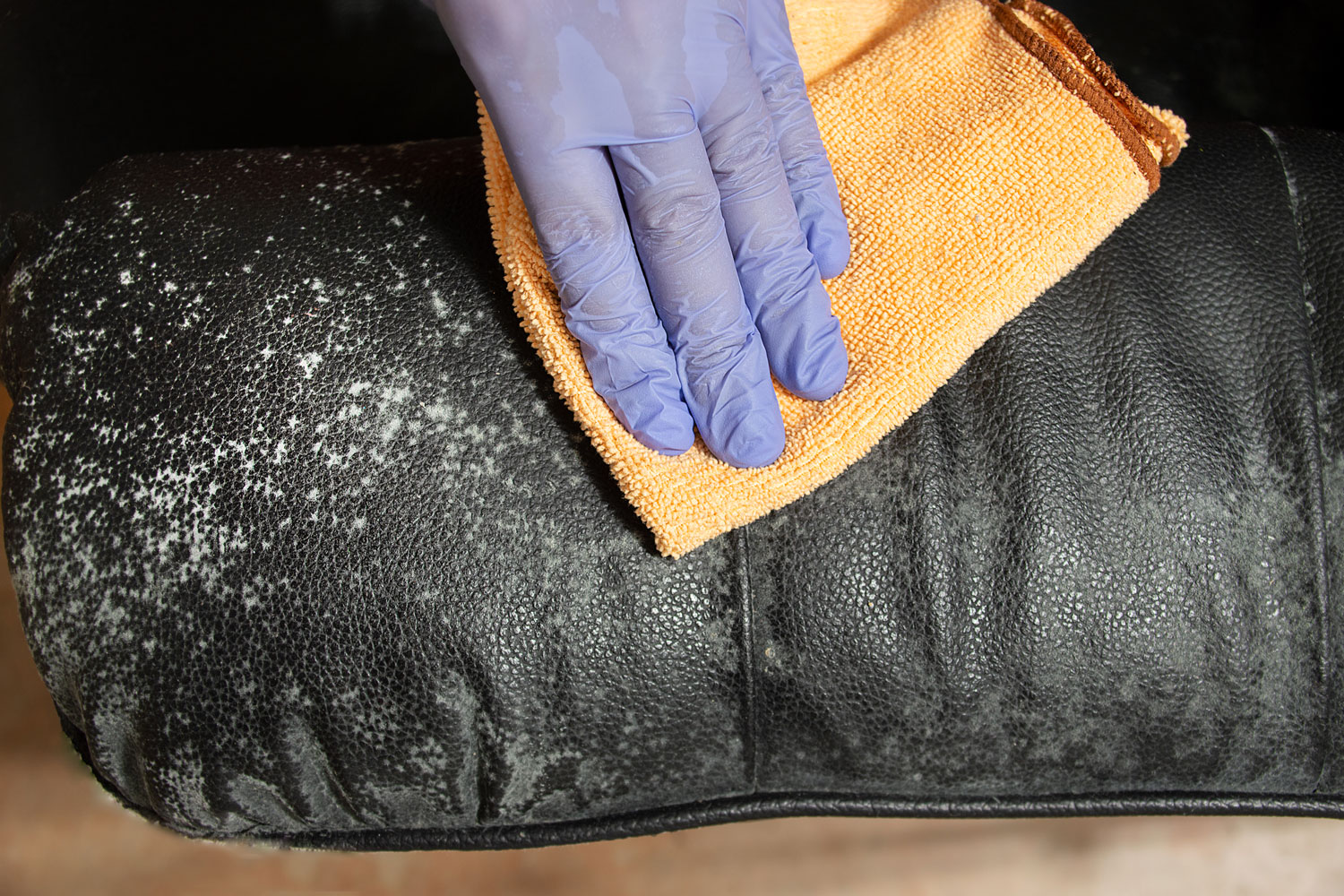
The first step in removing mould from your leather sofa is to identify where it is coming from. Mould thrives in damp and humid environments, so check for any sources of moisture in the room, such as a leaky pipe or window. Once you have addressed the source of the mould, you can move on to cleaning your sofa.
Step 2: Prepare the Cleaning Solution
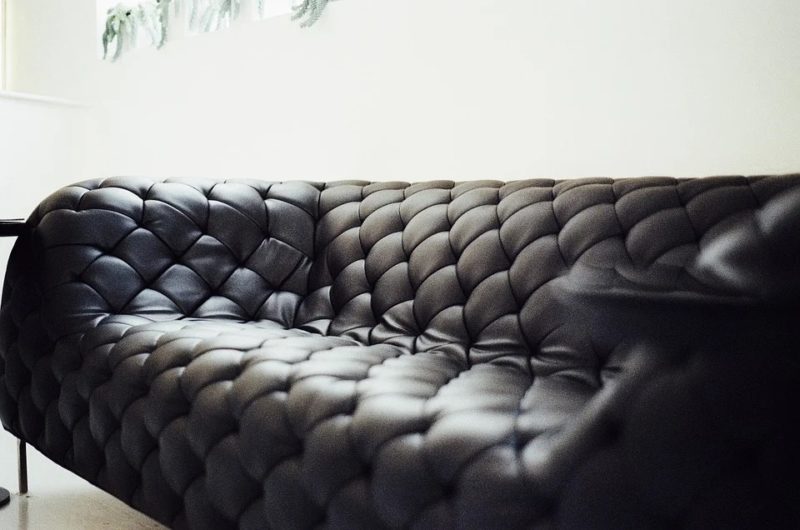
Before you start cleaning your leather sofa, it is important to prepare the right cleaning solution. Bleach is a common household cleaner that is effective in killing mould. However, it can also damage your leather sofa. Instead, mix equal parts of vinegar and water in a spray bottle. The acidic properties of vinegar help to kill the mould without causing harm to your sofa.
Step 3: Test the Solution on a Small Area
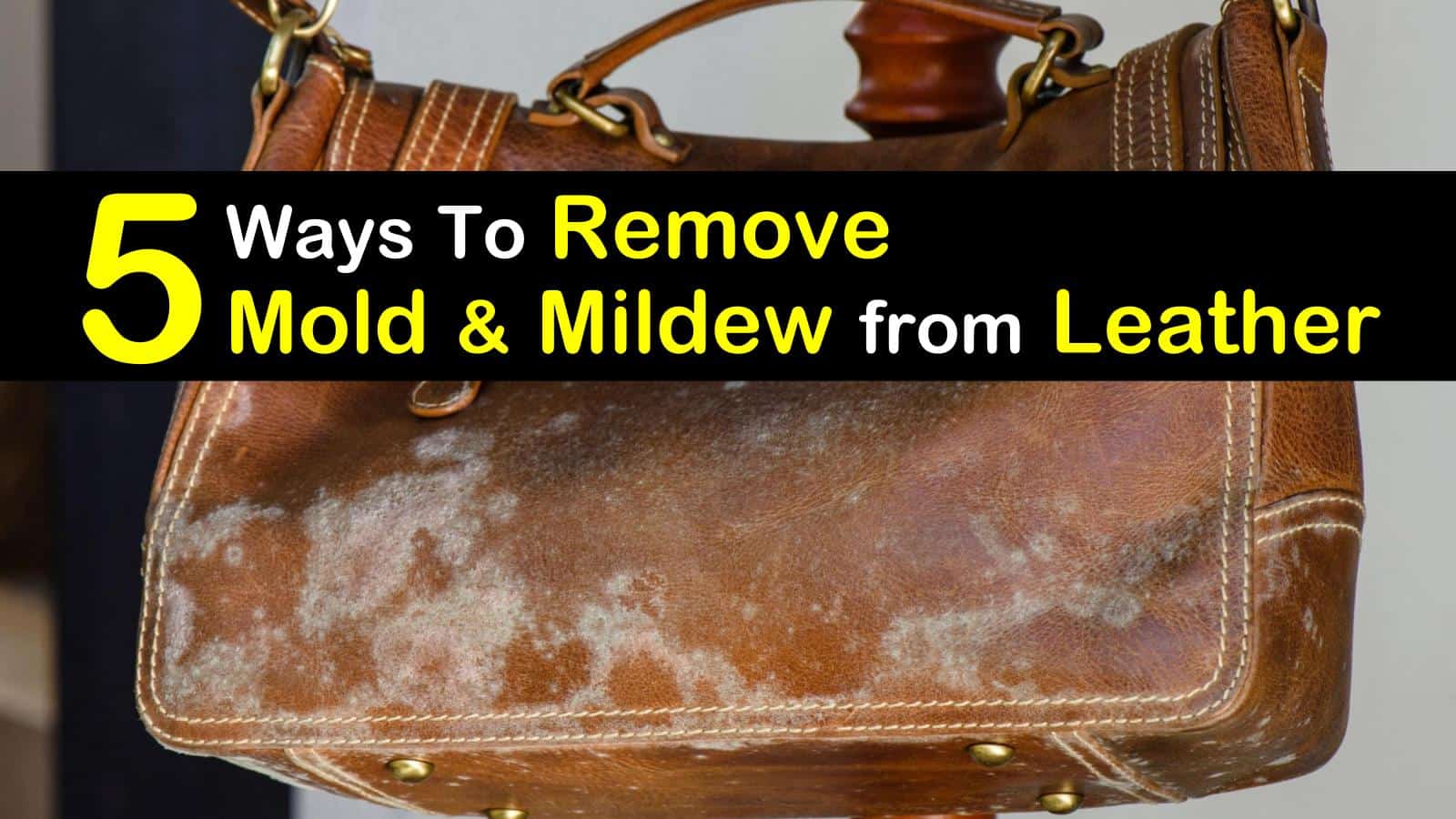
Before applying the cleaning solution to the entire sofa, it is important to test it on a small, inconspicuous area first. This will ensure that the solution does not cause any discoloration or damage to your leather sofa.
Step 4: Apply the Cleaning Solution

Once you have tested the solution and are confident that it will not damage your sofa, spray it onto the affected areas of your leather sofa. Use a soft-bristled brush to gently scrub the mould and lift it from the surface of the leather. Be sure to work in small sections and avoid getting the leather too wet.
Step 5: Wipe and Dry the Sofa
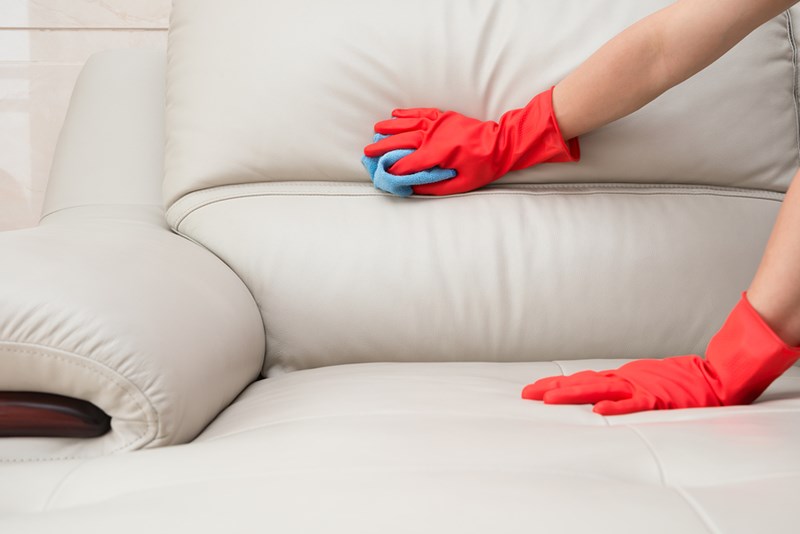
After scrubbing the mould, use a clean, damp cloth to wipe away any remaining cleaning solution and mould residue. Then, use a dry cloth to blot the sofa and absorb any excess moisture. Leave the sofa to air dry completely before using it again.
Step 6: Prevent Future Mould Growth

To prevent mould from coming back, it is important to keep your leather sofa clean and dry. Regularly dust and vacuum the sofa to remove any potential food sources for mould, such as crumbs or pet dander. Also, make sure to keep the room well-ventilated and use a dehumidifier if necessary to reduce moisture in the air.
With these steps, you can effectively remove mould from your leather sofa and keep it looking clean and fresh. However, if the mould growth is severe or covers a large area, it is best to seek professional help to ensure the safety and preservation of your leather furniture.



